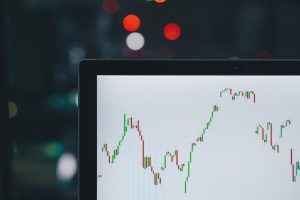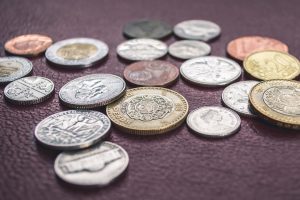Forex trading is a popular form of investment that involves the buying and selling of foreign currencies. It’s a market that operates 24 hours a day, 5 days a week, and involves traders from all over the world. As such, it’s important to know the best time of day to trade forex if you want to maximize your profits and minimize your losses. In this article, we’ll explore the different time zones and trading sessions, and how they affect forex trading.
The Forex Market
The forex market is divided into four major trading sessions: the Sydney session, the Tokyo session, the London session, and the New York session. Each of these sessions has its own unique characteristics and trading patterns, and they overlap at certain times of the day.
The Sydney session starts at 10:00 pm GMT and ends at 7:00 am GMT. This session is typically slow and lacks volatility, as it’s the beginning of the trading week and there’s not much activity. However, this session is important for traders who want to trade the Australian dollar or the New Zealand dollar, as these currencies are heavily traded during this session.
The Tokyo session starts at 12:00 am GMT and ends at 9:00 am GMT. This session is known for its volatility, as it overlaps with the Sydney session and involves the Japanese yen. The yen is a popular currency for carry trades, which involves borrowing in a low-interest rate currency and investing in a high-interest rate currency. As such, traders should be aware of any news or economic data releases that could affect the yen.
The London session starts at 8:00 am GMT and ends at 5:00 pm GMT. This session is the most active and volatile of all the sessions, as it overlaps with the Tokyo session and involves the euro, the British pound, and the Swiss franc. The European Central Bank and the Bank of England also release their economic data during this session, which can create significant market movements.
The New York session starts at 1:00 pm GMT and ends at 10:00 pm GMT. This session overlaps with the London session and involves the US dollar, which is the most heavily traded currency in the world. This session is also known for its volatility, as it’s the last session of the trading day and traders are closing their positions.
Best Time to Trade Forex
The best time to trade forex depends on your trading strategy and your personal preferences. However, there are certain times of the day when the market is more active and volatile, which can create more trading opportunities.
The London session is considered the best time to trade forex, as it’s the most active and volatile of all the sessions. This session overlaps with the Tokyo session, which creates even more volatility. Traders who want to trade the euro, the British pound, or the Swiss franc should focus on this session, as these currencies are heavily traded during this time.
The New York session is also a good time to trade forex, as it overlaps with the London session and involves the US dollar. This session is also known for its volatility, as traders are closing their positions and preparing for the next day.
The Tokyo session is the least volatile of all the sessions, but it’s still important for traders who want to trade the yen. This session is also important for traders who want to trade the Australian dollar or the New Zealand dollar, as these currencies are heavily traded during this time.
Conclusion
In conclusion, the best time to trade forex depends on your trading strategy and personal preferences. However, the London session is considered the most active and volatile of all the sessions, and is therefore the best time to trade forex for most traders. The New York session is also a good time to trade forex, as it overlaps with the London session and involves the US dollar. Traders should also be aware of any news or economic data releases that could affect the market, and adjust their trading strategy accordingly.





